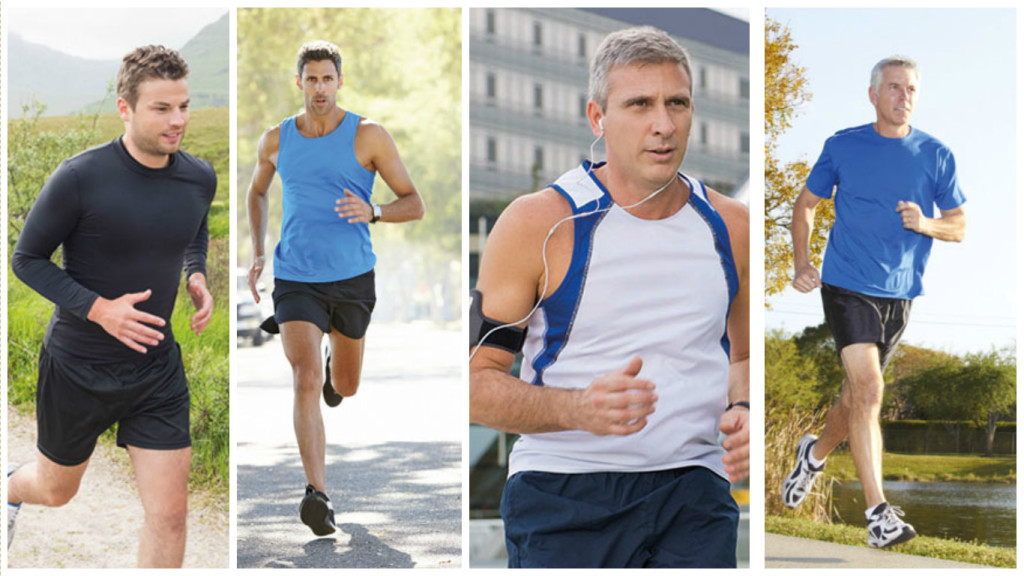
Age comes to us all. The good news is that, if you’re a runner, you’ll be more likely to meet the challenges of growing old with a spring in your step, rather than a stumble towards the stairlift.
What growing older does mean is that, as your body changes, you have to adapt your training and diet to meet these new challenges. The question is: to what degree? And the answer is, of course, anything but straightforward.
“Some older athletes can train as much now as they could when they were in their twenties or younger; others simply can’t,” says coach Richard Holt. While time takes its toll on all runners, it doesn’t have to be a dramatic drop-off. As Holt says: “All older athletes are a little slower, but the little they’ve slowed down is often remarkable. Some athletes I coach are only 10% slower in their fifties than they were in their twenties. Many still train at a level that most 20-year-olds wouldn’t have a chance of being able to do.”
Running won’t make you live forever, but it can help you defy the ageing process.
20s
■ Your body is at its peak in each of the 10 key facets of fitness: endurance, strength, flexibility, power, speed, coordination, agility, balance, body composition, and anaerobic capacity.
■ Don’t use that as an excuse to ignore your body. Doing the groundwork can help you keep fit for decades to come.
■ If you’re serious about racing, train properly rather than simply run for hours. Your body is best suited to high-intensity sessions, but relatively less well suited to endless aerobic training than when you are older.
30s
■ If you train regularly, your metabolism slows by 2-3% per decade from the age of 30 onwards (more if you don’t train). Counter this by reducing your calorie intake on rest days.
■ Most people’s bodies will start to lose the fast-twitch muscle fibres necessary for explosive bursts of speed. Doing resistance training in the gym will help to counter the loss of these muscle fibres.
■ Don’t neglect recovery. Although you’re not as injury prone as older runners, you’re not as bulletproof as you were in your twenties. Quality rest is as important as miles on the road.
40s
■ You could gain up to 10kg of body fat in your forties, if you don’t keep training and eating right. Reduce your calorie intake if you notice weight staying on.
■ Peak power and anaerobic capacity fall at around 8% per decade – but peak aerobic power stays steady, which means you are better suited to running longer distances at a lower intensity than you are to shorter, high-intensity efforts. In training, however, intense sessions are even more important. Just rest properly afterwards.
■ Start strength training now, if you haven’t already. Load-bearing exercises will help strengthen your core, back and legs, and delay muscle wastage.
50+
■ Strength training becomes even more important as you age to maintain flexibility.
■ Yoga and pilates can also help you to maintain balance and keep you supple.
■ Don’t be afraid to use supplements: glucosamine supplements can help the knees, while fish oil supplements help joints and flexibility.






